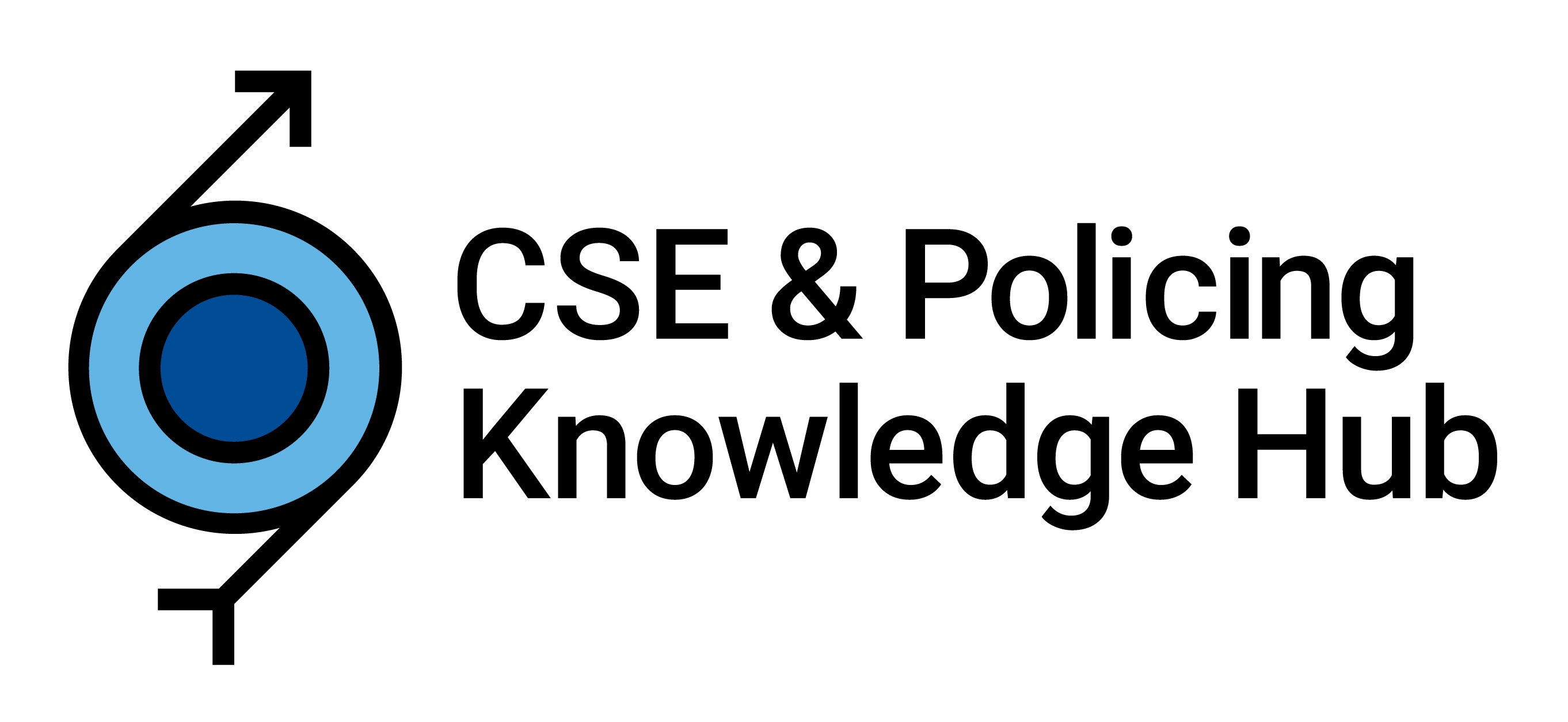Working together to enhance police responses to child sexual exploitation and related vulnerabilities

Tag:
Brian Rose is a Police Inspector who is seconded to the International Centre for 12 months. In this post he reflects on the challenges and opportunities of finding himself in a totally different environment, and argues that, despite some hurdles, this kind of multi-disciplinary working is the way forward.
I am a serving police Inspector with Thames Valley Police. Over 26 years I’ve been fortunate enough to enjoy a rich and varied career, spent mostly as a Detective working on a variety of teams. These have included Criminal Investigation Department (CID), Major crime team, and Domestic Abuse Investigation Unit. I was the Project lead setting up multi agency Referral Centres (now MASH) and more recently I set up a new proactive problem solving process, related to how police and partners respond to safeguarding vulnerable missing children. Earlier this year, I joined the team at the International Centre at the University of Bedfordshire on a 12 month secondment as the police coordinator, looking into how the police respond to child sexual exploitation and associated vulnerabilities.
Challenges and benefits of working in an academic environment…
The first challenge I faced was adapting to a totally different working environment to policing – understanding academic language, learning to reflect rather than immediately problem solve, adapting to a different pace where life is less frenetic and more measured.. And of course, no night shifts and not having to wear uniform or a suit every day is a luxury! Having taken this leap into a whole new world, it takes time to understand what people do, their remit, their skill set and where to go for help in a new environment with new people. Each day is a day learning something new, and as my particular role is unique there is no precedence and no predecessor to ask how they performed the role before me.
But it’s an amazing opportunity to learn from people with totally different skills and background to mine and to tap into their expertise. It’s also really refreshing to work with people who think differently to how police officers think and bring a fresh perspective. I enjoy being able to take the time to explain what the police do and why (I’ve always argued that the police don’t often do this), how they think and operate and what challenges they face at both grass roots and strategic level. It’s an opportunity to break down barriers and shape change for the good whilst ensuring any proposals we come up with as a team are realistic, practical and police relevant.
What I’ve been involved in so far…
Since I started at the beginning of March, I have been helping bridge the gap between police and academia. I’ve been providing insight to the academics in the team about police processes, procedure, terminology, training and culture and vice versa promoting the work of academics to police by helping to facilitate roundtable events, forums and workshops as part of our data analysis work. I’ve been able to work with partners in a different way – now coming from an academic perspective but with insight into police and partner agency relationships. I’ve made contact with police colleagues across the country to seek their views and opinions, canvass and collate their feedback and identify some of the challenges the police face nationally. Having that knowledge of how the police operate, the language they use, and being able to understand the issues they raise has been of huge benefit.
I’ve also been using my existing contacts and building new ones to advertise our work, build networks and identify subject experts (policing consultation panels for example).Later this year I will be helping to deliver some training on the CSE short course developed by the team in the International Centre, delivering my part from a police perspective. l will also be contributing to some workshops – meeting and working alongside adolescents in order to gain a greater insight in to their experiences with the police, understand their needs better and look at how the police may engage and support young people better in the future.
The way forward...?
So is this kind of arrangement, the way forward? I really believe that it is. My position in the team provides overall credibility to the purpose of the project but perhaps more importantly it represents working in true collaboration. It gives everyone involved in the project a chance to learn from each other in an open and honest, practical and accessible way. I believe that productive collaboration comes from understanding each other better, recognising the skills of others outside of our own experience and being open to change. In my opinion, and from a police perspective, multi skilled/multi-disciplinary teams are the way forward – so if you get the chance to do something similar to what I am doing, give it a go!
This blog post was original published on the International Centre Blog 14/ 07/2016










